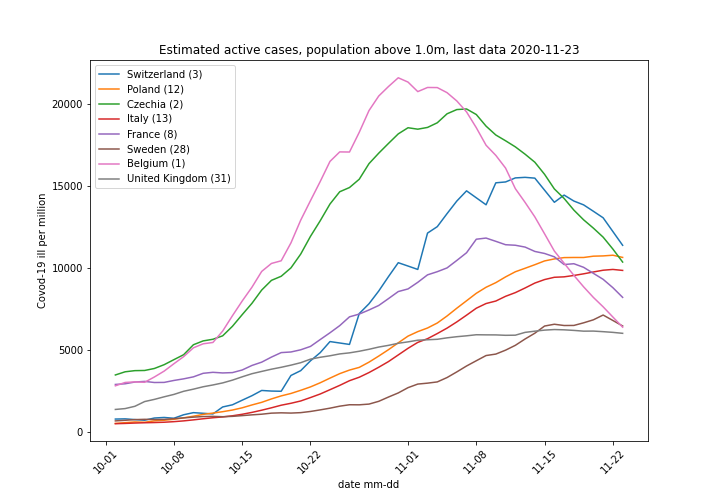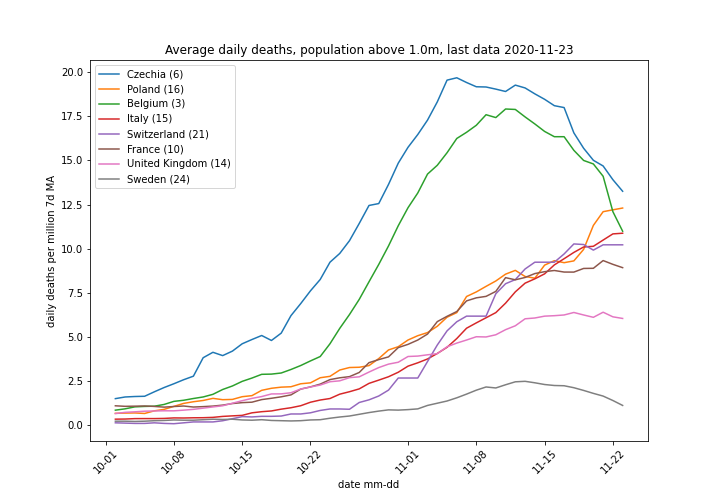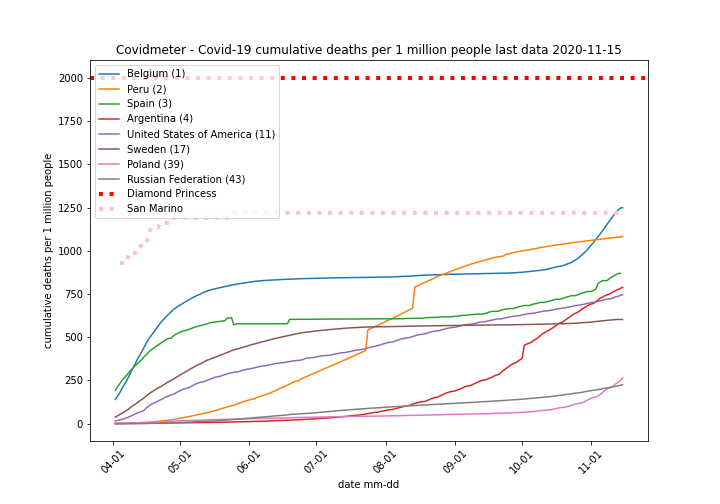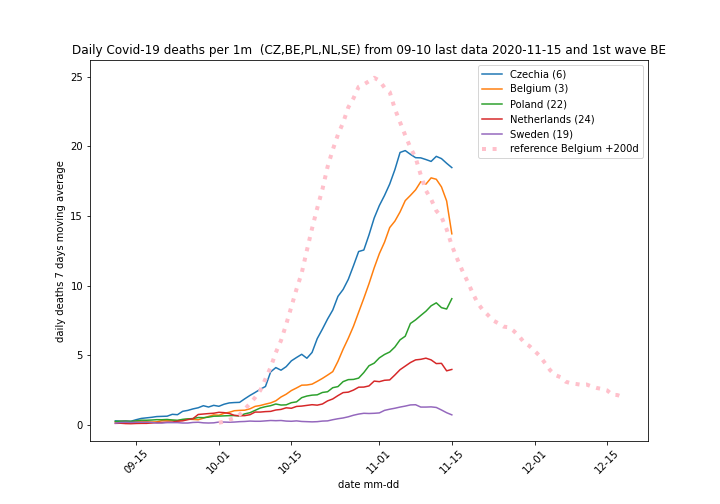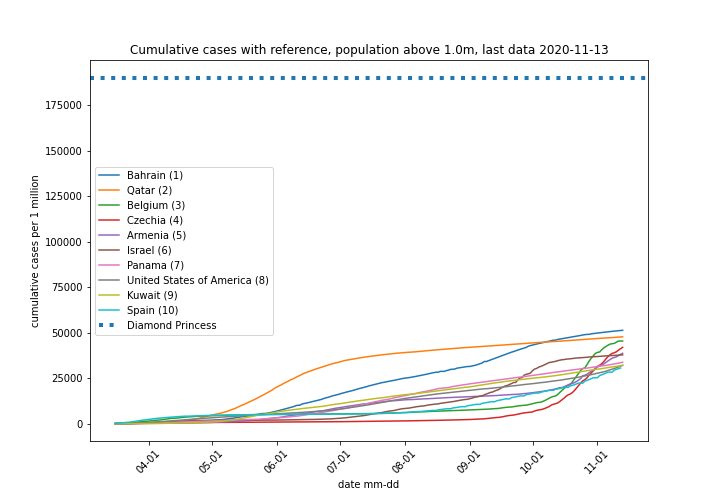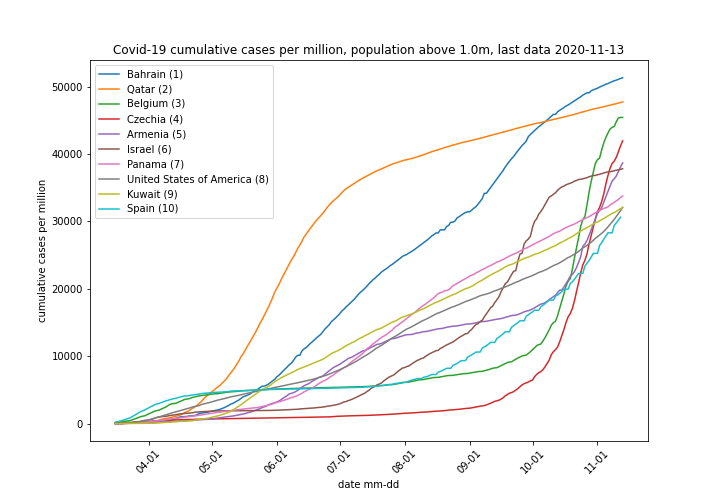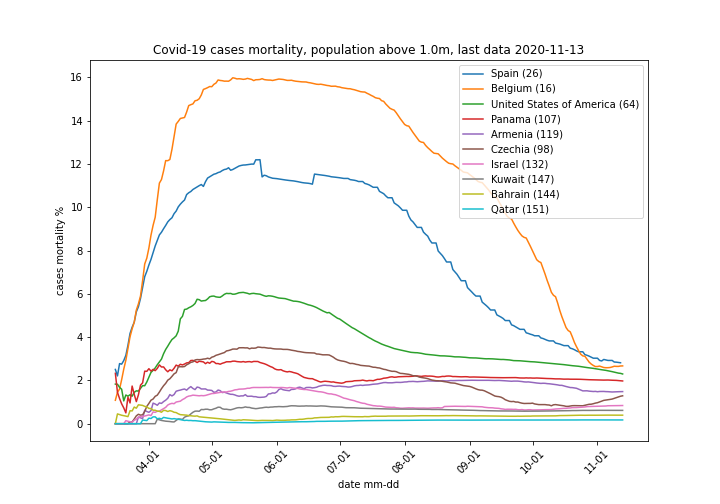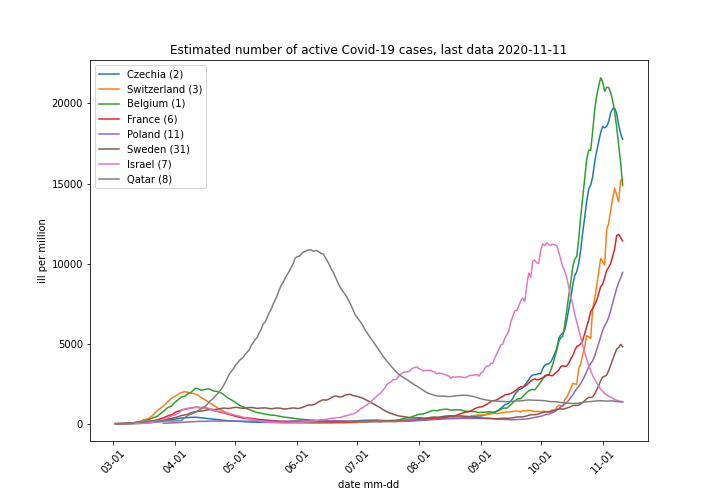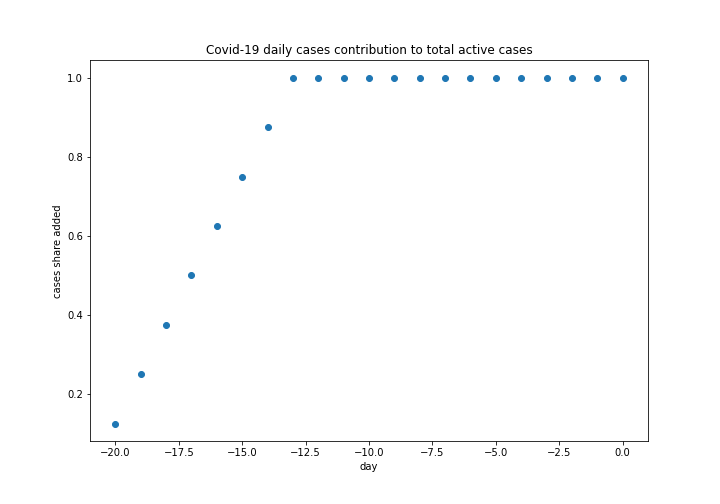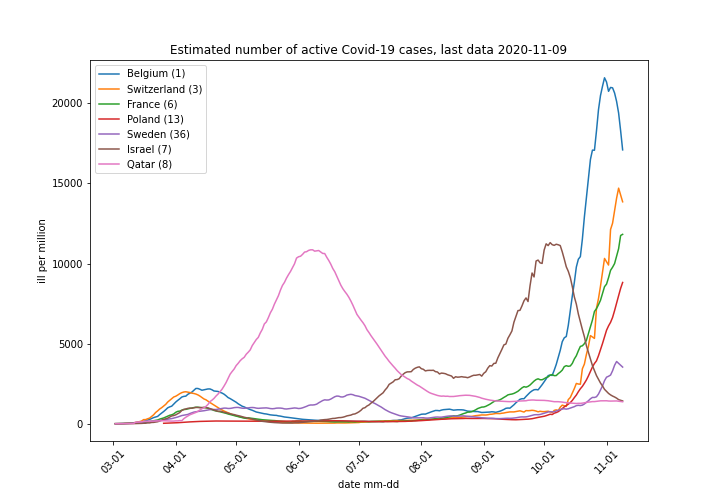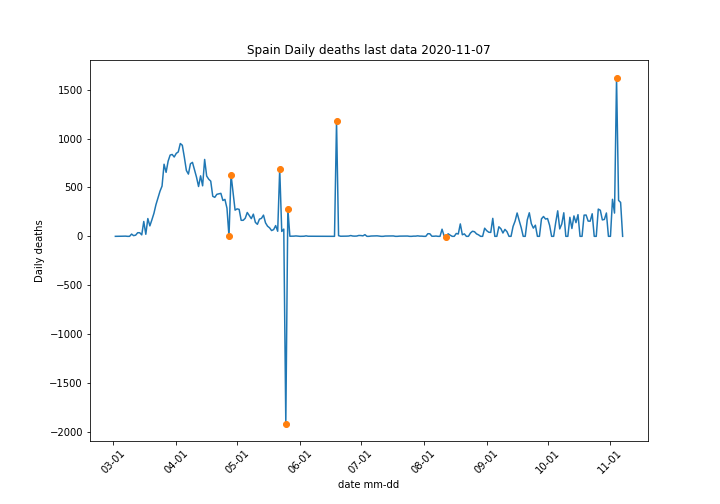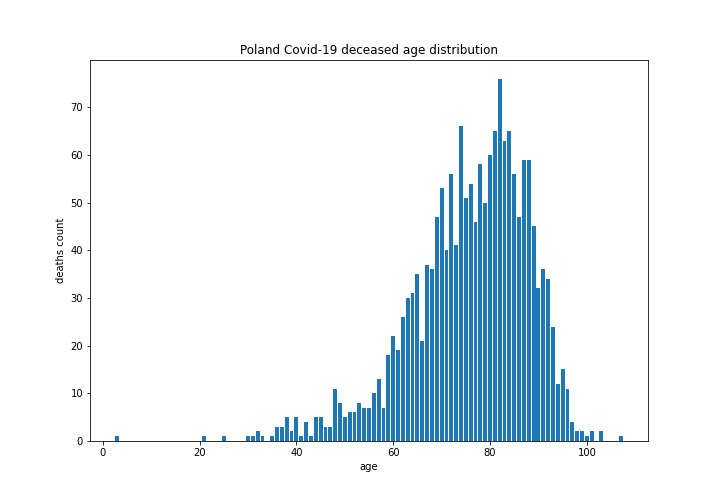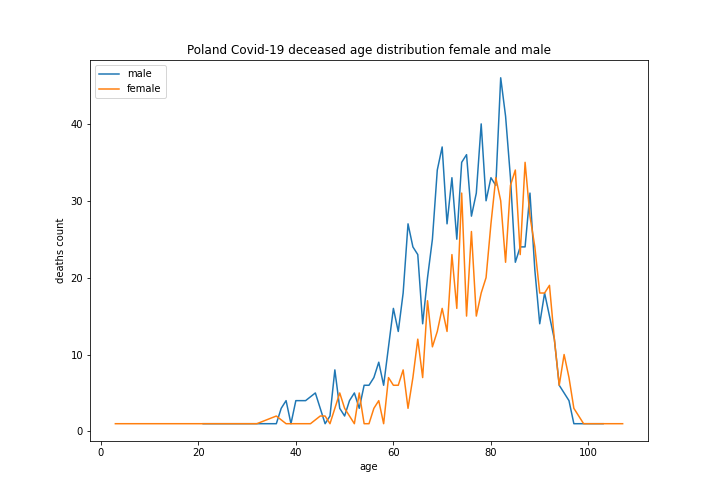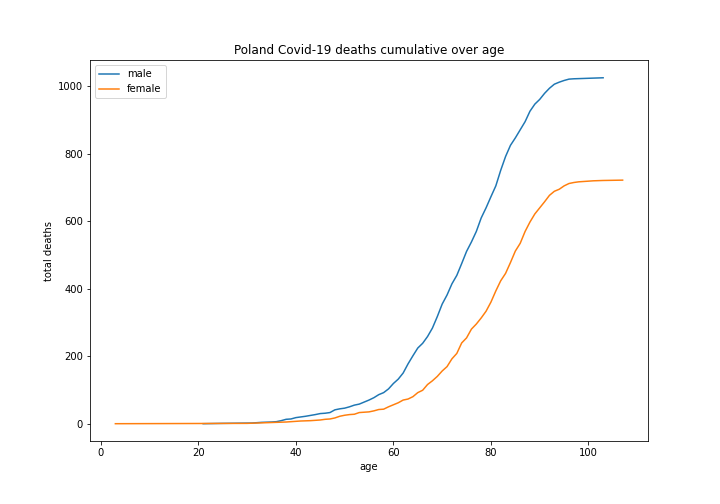This comment was written back in Nov 2022 and found in draft bin. Current US natural gas price below 1.8$ per MMBTU make 3$ markup in price formula detailed below even more eye-popping. Since then natural gas price dropped but US-EU price gab stays wide.
Linked article somehow explains why natural gas is so expensive in Europe. US supplier sells LNG at price defined by formula: HH_price*1.15+3$, where HH stands for Henry Hub price. Gas is sold on long term (10-15 years) contracts, the buyer is free to resell it at its discretion. HH price is quite volatile, today it stands 7.80 per MMBTU, so we have (7.8*1.15+3)/7.8=1.53, 53% markup but it needs to cover some processing costs like turning gas into liquid. LNG is sailed to Europe where it sells at TTF hub in MWh, 1 MMBtuIT ≈ 0.29 MWh so 3.4 MMBTU gives 1 MWh. So 1MWh of natural gas is sold at 12*3.4=41 USD while in Europe at TTF hub it is quoted 120 EUR – triple the purchase price. No wonder European Commission mulls price cap, but why countries are reluctant to support it? Thea are afraid of another market turbulence. US gas used to be more expensive than Russian, some importers were incurring losses. Situation changed once Russia invaded Ukraine and significant amount of Russian gas disappeared form the market resulting in panic buying at any price. Perfect opportunity for suppliers to recover past loses and make nice profits. But those greedy companies are connected with capital bonds to utilities forced by governments to sell gas at fixed price below purchase cost, my bill states 42EUR per MWh, which by strange coincidence is close to price paid at US ports… Unfortunately gas is in high demand, aggressive price cap can divert US made LNG elsewhere and result in sharp price spike or supply crisis.
https://www.politico.eu/article/cheap-us-gas-cost-fortune-europe-russia-ukraine-energy/



